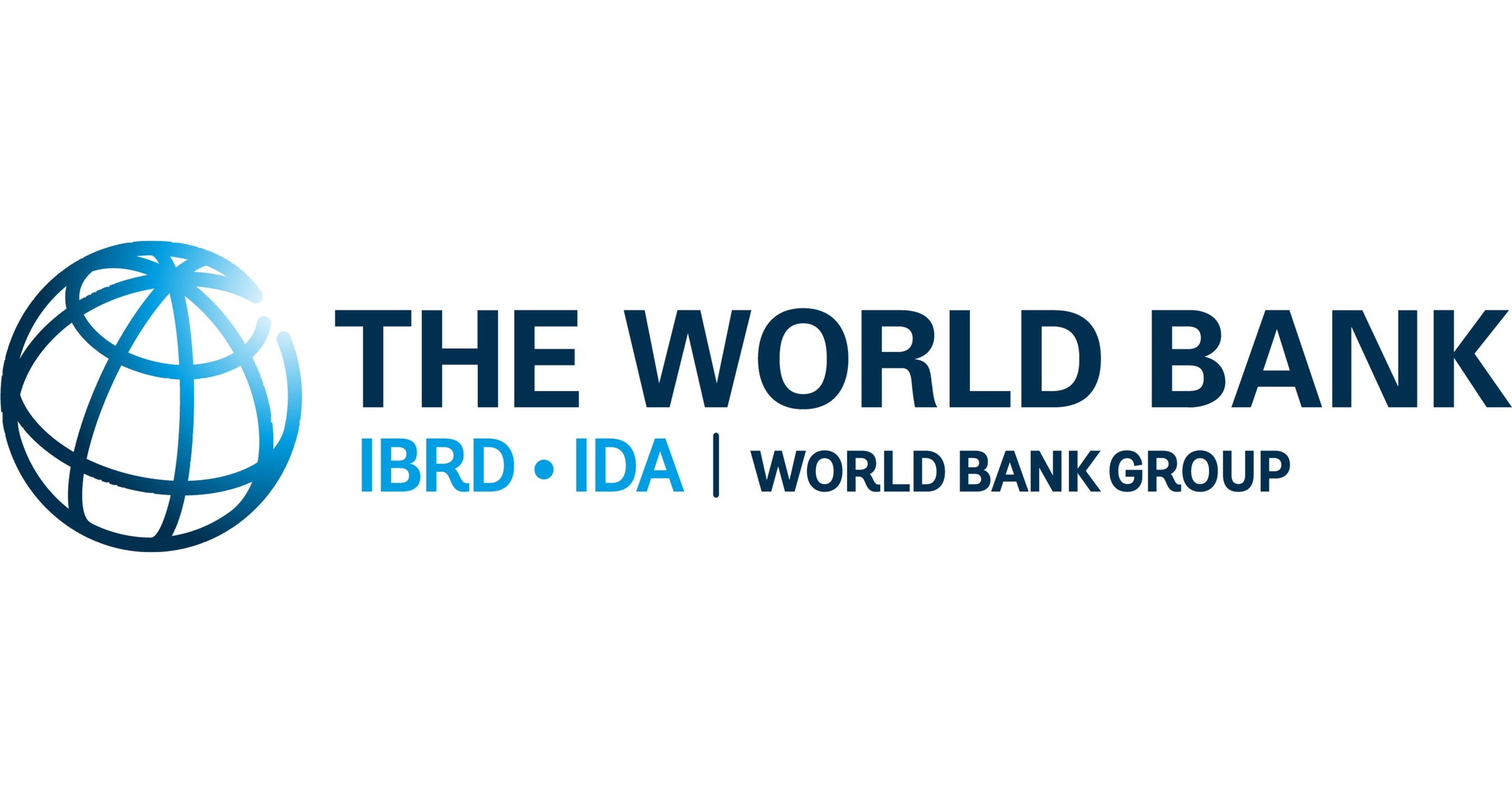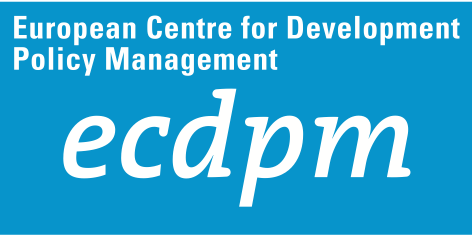Rural Employment in Africa : Trends and Challenges

Covering the current trends and challenges on the continent, the World Bank has published a report on rural employment in Africa.
Africa’s rural population continues to expand rapidly and labor productivity in agriculture and many rural off farm activities remains low. This paper uses the lens of a dual economy and the associated patterns of agricultural, rural, and structural transformation to review the evolution of Africa’s rural employment and its inclusiveness. Many African countries still find themselves in an early stage of the agricultural and rural transformation. Given smaller sectoral productivity gaps than commonly assumed, greater size effects and larger spillovers, investment in agriculture and the rural off-farm economy remains warranted to broker the transition to more and more productive rural employment. The key policy questions thus become how best to invest in the agri-food system (on and increasingly also off the farm) and how best to generate demand for nonagricultural goods and services which rural households can competitively produce. Informing these choices continues to present a major research agenda, with digitization, the imperative of greening and intra-African liberalization raising many unarticulated and undocumented opportunities and challenges.
Infrastructure and Structural Change in the Lake Chad Region

The World Bank has published a report on infrastructure and structural change in the Lake Chad Region.
Access to infrastructure supports economic development through structural transformation. This paper investigates the links between investments in electricity, Internet, and transport infrastructure, in isolation and bundled, and economic development in the Lake Chad Region. Using data on the expansion of the paved road, electricity, and Internet networks over the past two decades and two instruments, it provides reduced-form estimates of the impacts of infrastructure investments on the sectoral composition of employment. Bundled infrastructure investments cause different patterns of structural transformation than isolated infrastructure investments. Bundled paved road and electricity investments is found to have reduced the agricultural employment share by 22 percentage points and increased the share of employment mostly in services. The paper then uses a spatial general equilibrium model to quantify the impacts of future regional transport investments, bundled with a large rural electrification program and trade facilitation measures to reduce border delays, on economic development in Nigeria, Cameroon, and Chad.
Africa's Development Dynamics 2022: Regional Value Chains for a Sustainable Recovery

Africa’s Development Dynamics uses lessons from Central, East, North, Southern and West Africa to develop policy recommendations and share good practices. Drawing on the most recent statistics, the analysis of development dynamics aims to assist African leaders in reaching the targets of the African Union’s Agenda 2063 at all levels: continental, regional, national and local. The 2022 edition explores how developing regional value chains can help African countries rebound from the socio-economic shocks of the COVID-19 pandemic and accelerate productive transformation. It targets policy areas where private and public actors can support regional value chains when operationalising the African Continental Free Trade Area (AfCFTA). African firms can harness digital innovations to reduce production costs, and governments can design policies for skills development, public procurement and foreign investment to strengthen industrial linkages.
African regional hubs to manufacture health products: Towards comprehensive joint AU-EU actions

The European Centre for Development Policy Management (ecdpm) has released a report on the subject of comprehensive joint European Union and African Union action on the manufacturing of health products in African regional hubs.
In the context of the health partnership between the African Union (AU) and the European Union (EU), African and European leaders want to strengthen Africa’s local capacity to manufacture vaccines and health products. In doing so, the objective is to improve access to affordable and quality health products, enhance Africa’s autonomous capacity to meet its health needs, and support the development of resilient health systems. This brief highlights ten key considerations for policymakers to take into account to achieve this objective.
Africa in the New Trade Environment : Market Access in Troubled Times

The World Bank has published a substantial insight into market access on the African continent amid a new trade environment and in a troubled time.
Sub-Saharan Africa represents only a small share of global production and trade while hosting half of the extreme poor worldwide. To catch up with the rest of the world, the continent has no alternative: it must undertake reforms to scale up its supply capacity while better linking its production and trade to the global economy. If it does so, it stands to gain from unlimited demand and innovation along the supply chain. Some progress has been made over the past decade, with the region’s exports and imports growing rapidly. Because most African economies rely heavily on trade for a large share of national income, they will also be more vulnerable to the trade disruptions of external shocks, as illustrated by the recent COVID-19 pandemic. Africa in the New Trade Environment: Market Access in Troubled Times provides a comprehensive, state-of-the-art analysis by a team of renowned trade economists who present a strategy to bolster Sub-Saharan Africa’s market access in the current global environment.
Scaling Up Private Sector Participation in Road Asset Management in Sub-Saharan Africa (English)

The purpose of this study is to evaluate non-traditional means to raise additional private financing for the upgrade and maintenance of developing countries’ road networks. To achieve this goal, it combines an in-depth review of Sub-Saharan Africa (SSA) countries’ road funds’ (RF) performance and road public private partnerships (PPPs) to evaluate the potential for RFs to fund road PPPs when specific conditions are met. This report presents to explore how, in few selected cases, SSA RFs can be reformed to substantially increase the amount of public and private monies flowing towards the maintenance and or upgrade of the core road networks of SSA countries.
Stuck Near Ten Billion: Public-Private Infrastructure Finance in Sub-Saharan Africa

The Center for Global Development has published a policy paper on the importance of public-private infrastructure finance in sub-Saharan Africa.
Many stress the critical role of the private sector in filling yawning sub-Saharan Africa (SSA) infrastructure finance gaps, only widened by the pandemic. Our paper looks in detail at financially closed (construction-ready) transactions with private participation in SSA from 2007-2020. Despite the “billions to trillions” vision, we find no sustained upward trends for such transactions in volumes of total finance, multilateral development bank (MDB) finance, private finance, the share or volume of local private finance, participation by international institutional investors, or finance from bilateral development finance institutions (DFIs). External finance sources were larger than local sources, with Chinese DFIs dominant and the US DFI a marginal actor. Among MDBs, the African Development Bank provided the most finance cumulatively. Investment in renewable energy outpaced investment in fossil fuel infrastructure, but MDBs continued to make significant fossil fuel investments. Investment in water and social infrastructure remains about 5 percent of the total.
China’s Digital Silk Road and Africa’s Technological Future

The Council on Foreign Relations has published its paper on China's digital silk road and Africa's technological future.
How will the DSR affect Africa's technological and security future?
The Chinese government introduced the Digital Silk Road (DSR) in a 2015 white paper as a component of its Belt and Road Initiative (BRI). It is essentially the technology dimension of the BRI and encompasses all things technology related, from “the development of the digital service sector, such as cross-border e-commerce, smart cities, telemedicine, and internet finance,” to accelerating “technological progress including computing, big data, Internet of Things, artificial intelligence, block chain, and quantum computing.”
Towards a digital development partnership that meets African interests

The Heinrich Böll Stiftung has published a report on achieving a digital development partnership that meets African interests.
The global competition for digital leadership is in full swing, and the European Union (EU) has joined the race to provide digital public goods to partners in Africa – through its Digital4Development approach and through its Global Gateway strategy, which lists digital connectivity as a key priority.
The EU promotes what it calls a human-centric digital policy with the goal to protect individual rights and freedoms in an open and democratic digital world, which is reflected in its flagship General Data Protection Regulation (GDPR) as well as the pending legislation on platform and AI regulation. The EU shares the goal of the United States and other liberal democracies to provide democratic counter-offers to what is viewed as “digital authoritarianism”.
Strengthening the AU-EU partnership on the economic development and trade agenda

The European Think Tank Group has published a report about strengthening the AU-EU partnership with regard to the economic development and trade agenda.
This report is the outcome of a partnership initiative launched in 2021 by the European Think Tanks Group (ETTG) and the Africa-based Institute for Security Studies (ISS), with the support of the United Nations Development Programme (UNDP). Our initiative seeks to advance Africa-Europe relations in the run up to the 6th EU-AU Summit in Brussels (17-18 February 2022) and contribute to effective follow-up and implementation of the decisions taken there.




